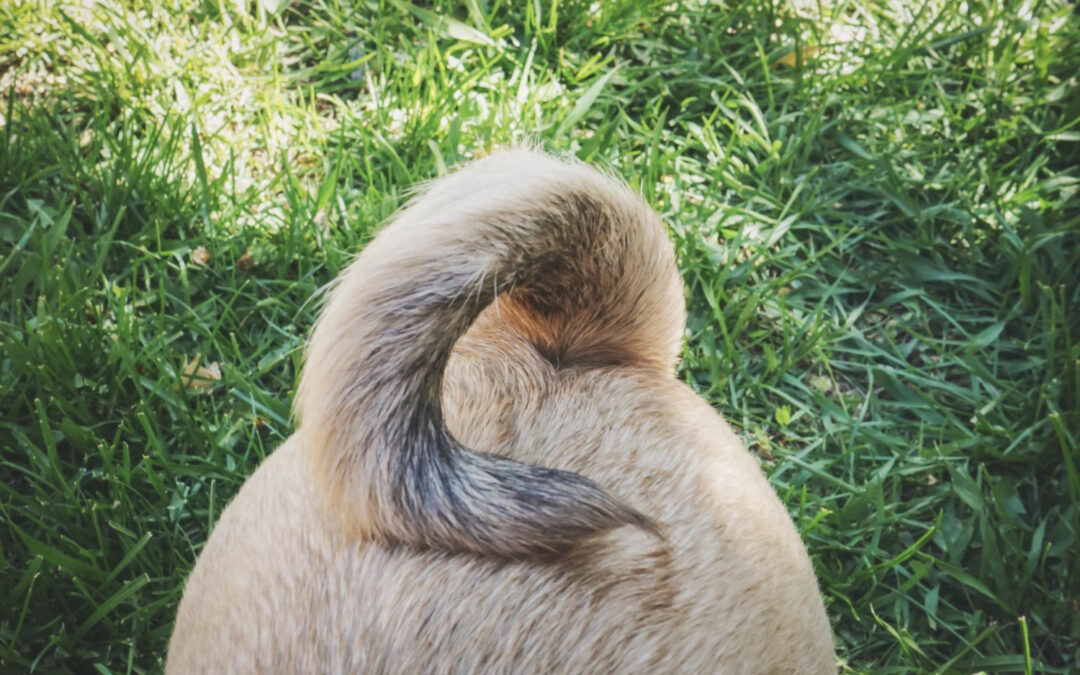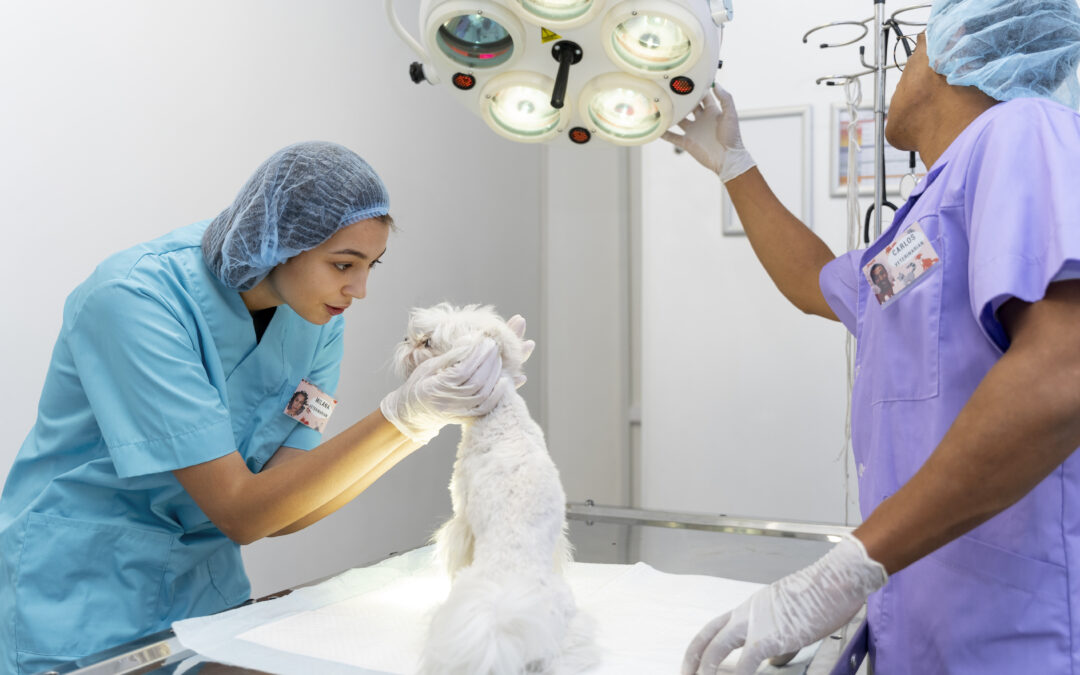 Heart disease is a common health issue in pets, particularly in older dogs and cats. As pets age, their risk of ailments, including heart disease, increases.
Heart disease is a common health issue in pets, particularly in older dogs and cats. As pets age, their risk of ailments, including heart disease, increases.
Our experts at Veterinary Urgent Care Center compiled a list of symptoms you should monitor or be mindful of if your pet is getting older.
Coughing or Shortness of Breath: A persistent cough, particularly at night or after exercise, or difficulty breathing or panting excessively can be indications of heart disease. Monitor your pet or contact your primary care physician if you notice any of these symptoms. Early detection will be crucial to getting your pet the proper care he or she needs.
Decreased Activity Level and Loss of Appetite: A lack of interest in going for a walk, increased inactivity, or disinterest in food or treats may be signs that your pet is not feeling well. One meal or one day of laziness (we all have those days!) is something that shouldn’t cause concern. However, if this lasts for days or longer, please consult your primary care veterinarian. Seek medical attention immediately if your pet experiences weakness or fainting.
Abnormal Heart Sounds: Your veterinarian can listen for abnormal heart sounds, such as a murmur, that may indicate heart disease. Make sure you are up-to-date on your pet’s wellness checks and are attentive in asking questions of your veterinarian as your pets age.
Swelling in the Abdomen: Also known as ascites, swelling can be a sign of heart failure. Your dog or cat may show signs of discomfort while moving around during the day. They may even feel pain or groan in discomfort when you touch them. You should seek immediate care at urgent care or at a 24/7 emergency medical center if you notice any abnormal swelling.
The best defense is a good offense. As your pet’s age, make sure you are well-educated on the supplements, prescriptions, and care that your pet has received recently. Having a primary care veterinarian, someone who has a history with your pet and has built up a longer-term relationship with you, is your first line of defense.
For all emergent situations, you may visit urgent care (like us!) to first diagnose and start care. As an urgent care facility, we can collect blood work and discuss care options with 24/7 emergency medical centers if longer-term critical care is needed.
Watching your pet age can be hard on us all. But if you take preventative measures to truly understand your pet’s health, it will go a long way towards a happy and healthy phase of the journey with your loved one!
Veterinary Urgent Care Center is open 7 days a week and accepts walk-ins at all of our locations. Book online or view our hours before you walk-in here! Please note, hours differ by location and walk-in services are dependent on availability and staff discretion. Learn about what other services we provide here!



